I've put together a list of common misconceptions, as well as frustrating, rude, or ignorant comments people often make when you tell them you're an artist.
1. "Why do you make art?"
To keep me out of trouble? Because robbing banks seemed less fun? Sometimes I think the quickest way to tell whether or not your comment is appropriate is to try it with another profession. I've nicknamed this the Doctor-Lawyer-Indian Chief Test, or DLI Test. In other words, would it be appropriate to ask a doctor why they practice? Not really. You could ask them how they got into medicine. But you wouldn't put them on the spot to justify their entire career path in an elevator pitch.
2. What's your inspiration?
When people ask me this I'm really tempted to just say, "Living? Breathing? Being human?" As Chuck Close said, "Inspiration is for amateurs. The rest of us just show up and get to work." While I'm sure there are some exceptions, I really believe the notion of inspiration is a common misnomer. I for one am not moved to go to the studio any more than a real estate agent is moved to sell houses, or a stock broker to analyze the market. Sure, once I get there, I make discoveries and successes and failures and rewards like the rest of us. But the notion that an otherworldly light parts from the heavens moving me to set paint brush to canvas is largely false.
The trend here seems to be that art making is not all that different from other professions, yet it is somehow regarded as both reverential and inferior. All the useless aggrandizement with none of the day-to-day benefits.
The trend here seems to be that art making is not all that different from other professions, yet it is somehow regarded as both reverential and inferior. All the useless aggrandizement with none of the day-to-day benefits.
3. "Remember me when you're famous!"
Quick: name three living, breathing artists who are actually a household name. You have 10 seconds.
Unless you're a art connoisseur or happen to run a high-profile museum, you probably came up with nothing. So let us not raise our hopes up unnecessarily (I tried this with my dad, who came up with "Andy Warhol." Yeah, he died in '87).
Unless you're a art connoisseur or happen to run a high-profile museum, you probably came up with nothing. So let us not raise our hopes up unnecessarily (I tried this with my dad, who came up with "Andy Warhol." Yeah, he died in '87).
4. "You're so talented!"
This one may seem a bit counterintuitive, but bear with me. Sometimes people chock up artistic success to talent, which kind of implies there's no work involved. And that's frustrating, because art is a skill like any other: it takes countless hours to learn how to draw, paint, throw on the wheel, etc. Artists don't wake up one day with the intuitive knowledge of chiaroscuro or wet-on-wet blending. It takes practice. While, sure, some people are more visually inclined than others, the idea that it just happens naturally--something innate, something you are born with--is a myth.
This idea of the artistic genius dates back to the male renaissance complex associated with giants like da Vinci, Raphael, Michelangelo, etc. Like it or not, those voices disporportionaley shaped Western art history. And like it or not, every time the word "talent" is employed in this context, it reinforces a narrow scope (i.e. male, western, neoclassical) of aesthetics, reasserting a limited conception of who and what qualifies as valuable art and art makers.
This idea of the artistic genius dates back to the male renaissance complex associated with giants like da Vinci, Raphael, Michelangelo, etc. Like it or not, those voices disporportionaley shaped Western art history. And like it or not, every time the word "talent" is employed in this context, it reinforces a narrow scope (i.e. male, western, neoclassical) of aesthetics, reasserting a limited conception of who and what qualifies as valuable art and art makers.
5. "I could never do what you do."
Actually, you probably could. If you can hold a pencil and have the patience to spend countless hours learning how to draw, then yeah, you could make stuff as well. But not everybody wants to put in the time, money, effort, and honestly--little recognition--it takes to make things. And that's understandable.
6. "I have all this empty space in my apartment/ school/ restaurant /business if you want to put up some of your paintings!"
Would you expect a doctor to examine you for free? An accountant to do your taxes because it's fun for them? How about getting a massage, throwing your clothes on, and then unabashedly walking out the front door? No, because they provided a service and deserve to compensated for that service. Or, if you are not interested in employing their expertise, that's fine--but don't ask them to provide it for free.
What's even worse about this statement is that people actually expect you to be excited. Believe it or not, I am not falling over myself at the prospect of turning over my hard work and supplies for nothing. And no, it's not free marketing.
What's even worse about this statement is that people actually expect you to be excited. Believe it or not, I am not falling over myself at the prospect of turning over my hard work and supplies for nothing. And no, it's not free marketing.
7. "So... have you been, like, eating ramen for like a month?"
Back to the DLI test: it's never okay to ask someone how much money they are making. Even if the profession notoriously doesn't pay well. You wouldn't ask a nonprofit consultant if they are having a hard time making rent, because, well, it's none of your business. From the same logic, it's not okay to ask an artist if they are starving. It's disrespectful and further reasserts the idea that their work is not valuable.
8. "Will you draw a picture of my dog?"
Fine art is about as far from a portrait of someone's dog as Bush is from a democrat. It's not fun for a painter to make a painting of your dog. It's kind of insulting and also kind of a sell out. Speaking of which...
9. I need something green for my house (to match my living room)! Do you do commissions?
If you are interested in our work, we have a portfolio. You know, work we already put a ton of time and money into. Look at the portfolio to see if you even like the kind of work we do before you start treating us like pottery barn. And if you are interested, it would be better (and more respectful to the artist) to purchase something from there. If not, there's a pottery barn down the road...
10. "What does it mean?"
Try again. A better question might be, "What concepts inform your work?", "Who are your artistic influences?", or "What kind of visual vocabulary do you use to get at your idea?"
We appreciate the interest, we do. And most artists enjoy talking about their work. But try to use appropriate language when asking an artist about their art, because something like "What does it mean?" feels like we have to justify ourselves and our work on the spot. Art is valuable, and artist shouldn't have to spend every cocktail hour and elevator ride trying to convince people that what they do matters.
We appreciate the interest, we do. And most artists enjoy talking about their work. But try to use appropriate language when asking an artist about their art, because something like "What does it mean?" feels like we have to justify ourselves and our work on the spot. Art is valuable, and artist shouldn't have to spend every cocktail hour and elevator ride trying to convince people that what they do matters.
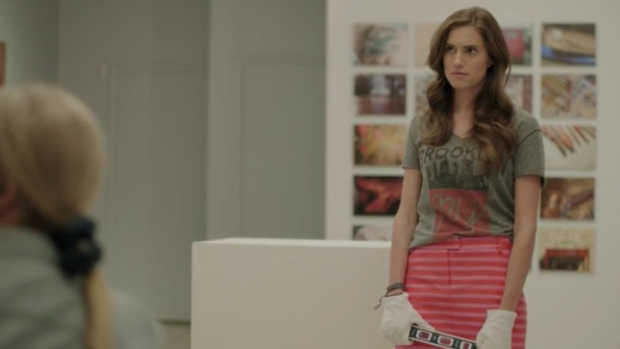
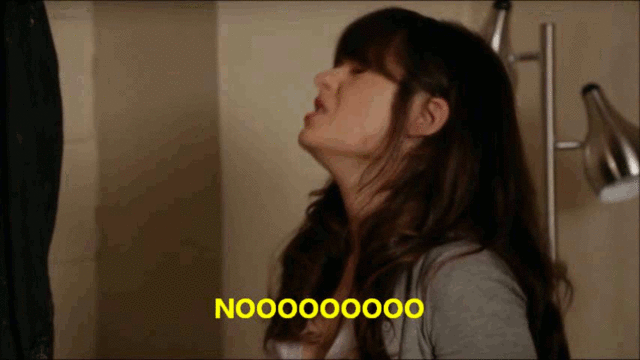
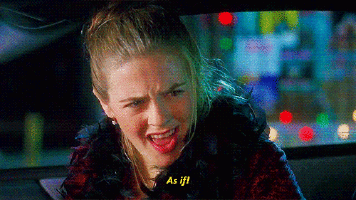
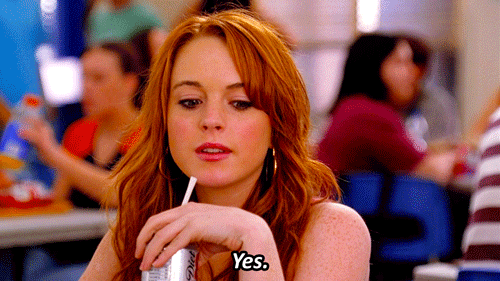
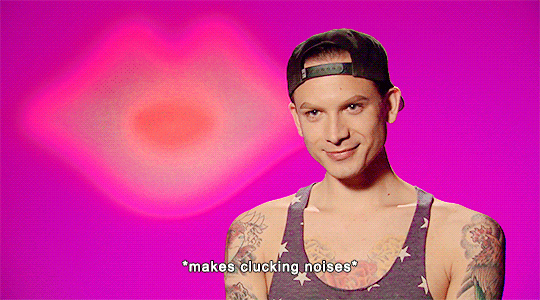
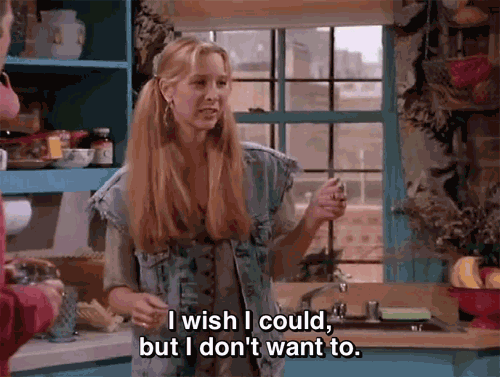
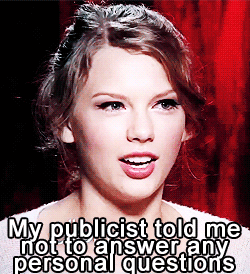
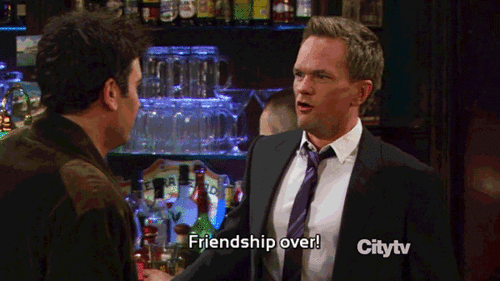
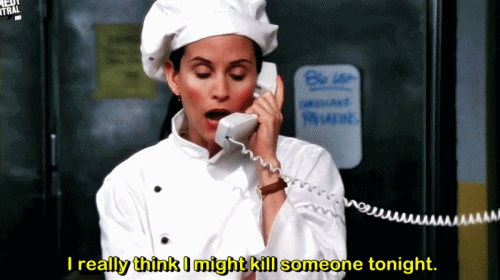
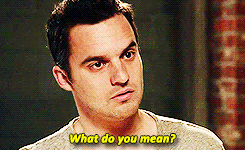

 RSS Feed
RSS Feed